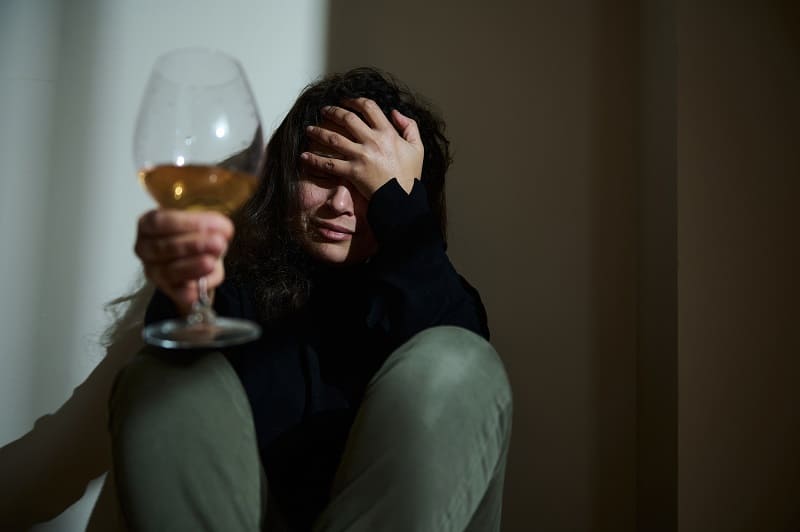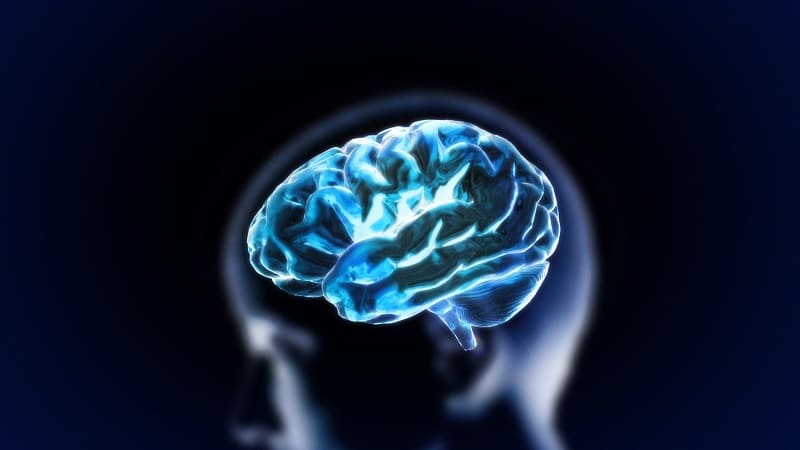
Alcohol use disorder (AUD) recovery is rarely a straight line. After completing treatment, many people resume drinking, frequently within weeks or months. That does not imply that the treatment was unsuccessful. It indicates that the healing process is still ongoing.
Between 40 to 60% of individuals in recovery will relapse within the first year, according to studies. During the first ninety days following detox, when the body and brain are getting used to sobriety, that number rises even further.
However, why does this occur? The emotional trigger is something that many treatment programs are only now starting to take seriously, according to an increasing amount of research. Strong cravings can occasionally be fueled by emotions like guilt, loneliness, or rage, sometimes even more so than by physical withdrawal or outside pressure.
Why Alcohol Relapse Happens
Relapse is part of the recovery process, not a failure of it. Experts now compare substance use disorders to chronic conditions like asthma or diabetes. Just like someone with high blood pressure might need multiple medication changes, someone with AUD might need several rounds of treatment or new strategies to maintain sobriety.
Still, relapse can be emotionally devastating. People often feel ashamed or hopeless. But according to the National Institute on Drug Abuse, the relapse rate for substance use disorders is comparable to other chronic health issues. That number includes people who return to treatment and eventually find long-term recovery.
One of the biggest predictors of alcohol relapse is unrecognized emotional patterns. Many relapses start before the first drink with a slow breakdown of emotional regulation, not with physical temptation.
The Role of Emotional Triggers in Alcohol Relapse
What exactly is an emotional trigger? In the context of addiction, it’s a feeling or internal state that makes someone want to drink. It might be obvious, like the grief of losing a loved one, or more subtle, like boredom or isolation. Over time, the brain has learned to associate alcohol with relief or escape, so when intense emotions rise, so does the urge to drink.
Researchers and clinicians describe three emotional relapse stages:
- Emotional: The person isn’t consciously thinking about drinking, but they start skipping meetings, bottling up emotions, or neglecting self-care.
- Mental: Thoughts about drinking begin to creep in—often romanticizing past use or bargaining with rules like, “Just one won’t hurt.”
- Physical: The actual act of drinking after a period of abstinence.
Most people think relapse begins with the third stage. But in reality, it often starts when someone begins to disengage emotionally from recovery supports. The signs, such as irritability, withdrawal, or denial, are easier to catch when people know what to look for.
What Brain Science Tells Us About Cravings, Emotion, and Relapse

Behind every emotional trigger is a network of brain systems designed to keep us safe, or at least comfortable. And in people with a history of heavy alcohol use, these systems have been rewired.
Chronic drinking alters the hypothalamic-pituitary-adrenal (HPA) axis, which controls the body’s stress response. This means that people in recovery often feel stress more intensely and for longer.
Researchers have found heightened activity in the amygdala (the brain’s fear center) and reduced activity in the prefrontal cortex (responsible for judgment and impulse control). In imaging studies, people with AUD show stronger responses in the ventral striatum when exposed to alcohol cues, especially if those cues are tied to stressful memories.
One study followed individuals in inpatient treatment for five weeks. Those who showed stronger stress-induced craving in the lab were more likely to drink again within 90 days. Their craving and stress response, including elevated heart rate, blood pressure, and cortisol, helped predict relapse better than behavior alone.
In other words, it’s not just about willpower. For many, relapse is the result of overactive brain circuits that link emotional pain with the promise of relief through alcohol.
Stress, Trauma, and the Emotional Roots of Craving
Many people enter recovery carrying unresolved trauma. For some, it’s a single event, but for others, it’s years of chronic stress, grief, or abuse. The link between trauma and alcohol use is well-documented. One analysis found that women with a trauma history were especially vulnerable to stress-induced relapse, even when controlling for other alcohol relapse risk factors.
Stress doesn’t need to be dramatic to be dangerous. A frustrating conversation, financial setback, or lonely holiday can trigger a cascade of thoughts and emotions that leave someone vulnerable. And because alcohol was once a tool for numbing that discomfort, even small setbacks can trigger intense cravings.
Low Self-Efficacy, Isolation, and the Breakdown of Coping
Feeling overwhelmed is one thing. Believing you can’t handle it is another. That belief, called low self-efficacy, is a major alcohol relapse risk factor. When someone doubts their ability to cope with relapse, even minor emotions can feel like emergencies.
Common warning signs of emotional relapse include:
- Withdrawing from support networks
- Fantasizing about past drinking experiences
- Avoiding difficult conversations
- Stopping recovery-related routines
These behaviors can snowball. Skipping one meeting becomes skipping a week. That turns into not answering texts, then avoiding eye contact with the people who care most about you. By the time a drink is poured, the emotional groundwork has already been laid.
How to Build Emotional Resilience

While emotional triggers can’t be eliminated, they can be managed and even transformed into insight. That process starts with self-awareness.
Experts recommend the following tools to build emotional strength in recovery:
- Journaling: Track emotions and cravings. Note what happened before and after each urge.
- Mindfulness and CBT: Cognitive-behavioral therapy and mindfulness training help individuals pause, reflect, and reframe emotional patterns.
- Peer support: Connecting with others in recovery reduces isolation and offers real-time feedback when emotions get overwhelming.
- Therapeutic relapse prevention planning: Many programs now incorporate trigger mapping and scenario rehearsal to build confidence under pressure.
For those in early alcohol recovery and mental health treatment, these tools provide structure. They remind individuals that emotional discomfort is not an emergency—it’s information.
We Can Help You Through the Hardest Moments
At American Treatment Network, we understand how powerful emotions can be when they catch you off guard. That’s why we tailor each recovery plan to include strategies for identifying, understanding, and managing the emotional trigger before it becomes a risk.
If you’re navigating alcohol relapse or worried you’re getting close, we’re here to support your next step. Our team offers evidence-based therapy, medication support, and peer recovery services to help you build the resilience needed for lasting change. Contact us today to take the next step in your recovery.
Frequently Asked Questions
Q: What are emotional triggers in alcohol relapse?
A: Emotional triggers are intense feelings, like anger, sadness, guilt, or loneliness, that create a desire to drink. For people in recovery, these emotions can activate brain pathways linked to past alcohol use, increasing the risk of relapse.
Q: How can I recognize emotional relapse before I drink?
A: Emotional relapse often begins subtly. Common signs include isolating from support systems, skipping recovery routines, bottling up emotions, and fantasizing about past drinking. Catching these early prevents a full relapse.
Q: Can emotional triggers be managed without medication?
A: Yes. Many people use non-medication strategies like journaling, mindfulness, therapy (especially CBT), and peer support to manage emotional cravings. These tools help build emotional resilience and reduce the risk of relapse.
Q: Is stress always a trigger for relapse?
A: Not always, but for many, stress is a significant factor. Even minor stressors like a bad day at work or an argument can trigger cravings, especially if they’re linked to past alcohol use. Learning how to respond to stress without drinking is key in recovery.


